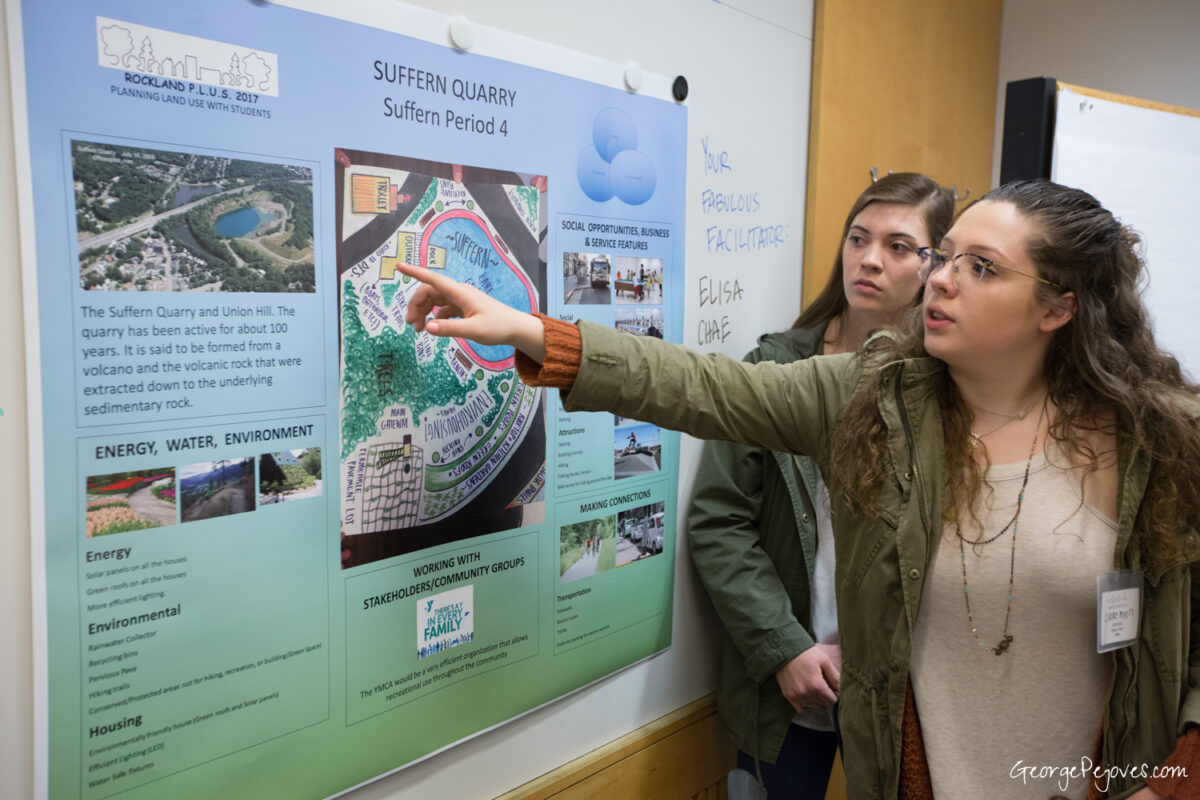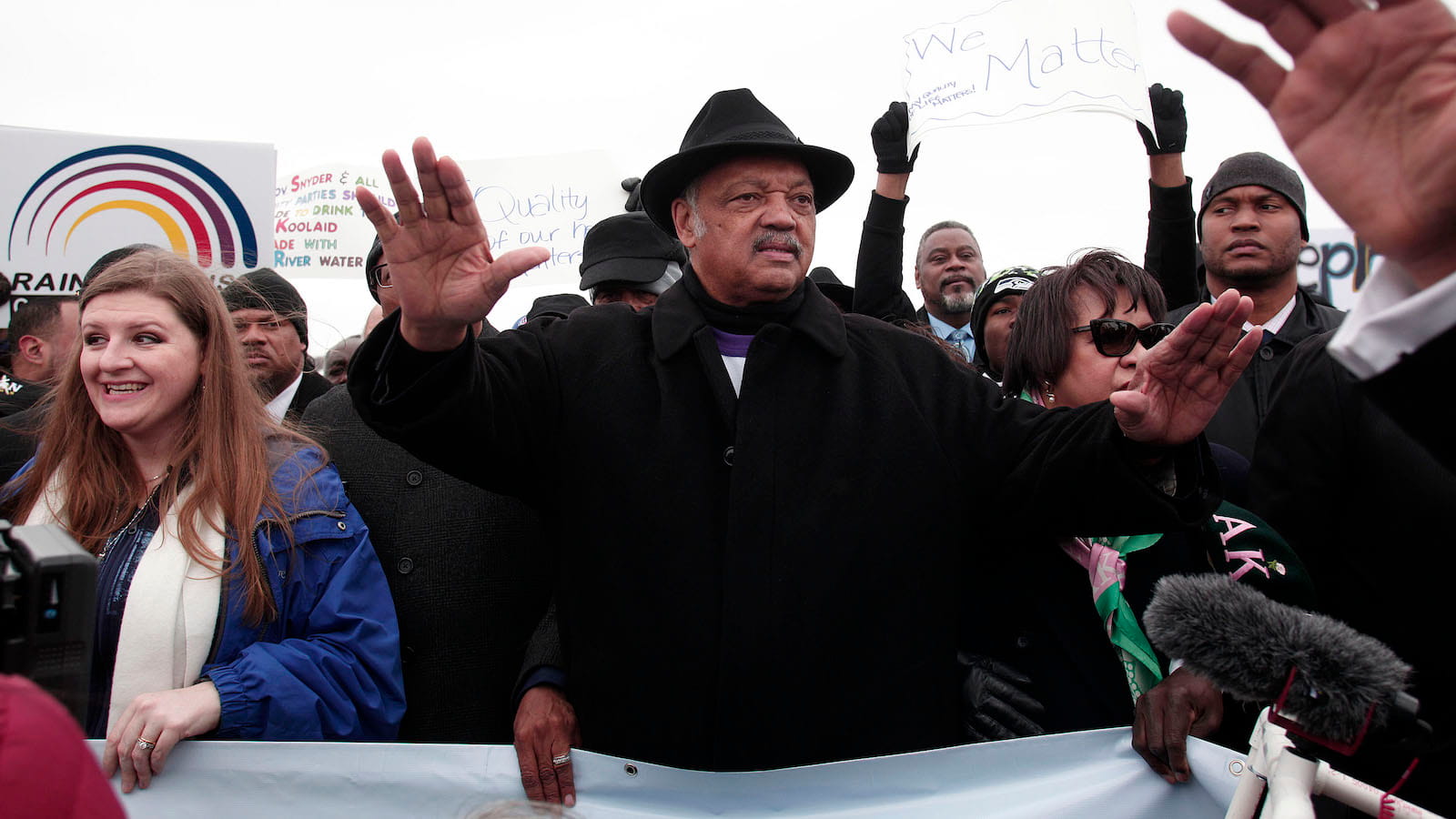The Columbia Climate School is excited to announce the Sustainably Developing Your Community pre-college virtual workshop for fall 2024.
Communities built with sustainable design approaches are better equipped to tackle the urgent challenge of climate change, directly impacting our collective future. To navigate this challenge effectively, we need informed action at every decision-making level and the involvement of youth voices to guide and drive meaningful change. In our interview with Marisa Annunziato, the education and outreach coordinator at Lamont-Doherty Earth Observatory and one of the instructors of the pre-college workshop, we explored the critical role that sustainable development, planning and design play in building community resilience and the importance of amplifying youth voices in shaping these processes.
How do you define sustainable design, planning and development?
Sustainable planning focuses on meeting the needs of the present without hindering future generations from meeting their needs. It’s an approach that takes into account the potential challenges future generations might face and implements planning to help prepare for and mitigate these challenges. Sustainable design, planning and development involves balance! It looks at the long-term vision of a community and balances the economic, community and environmental needs of the area.
How does sustainable planning contribute to addressing the broader challenge of climate change and community resilience?
Key features of sustainable planning help to mitigate climate change by decreasing greenhouse gas emissions through implementing public transportation, the increased walkability of communities, utilizing renewable energy sources, encouraging and supporting local businesses, and re-using materials to reduce waste and transportation of goods. Sustainable planning increases community resilience through practices such as proper water management and leveraging green infrastructure to respond to increased flooding, an impact of climate change in many areas. Additionally, developments are carefully designed with the awareness of potential impacts such as sea level rise, coastal flooding, increased landslides, earthquakes and wildfires expected with climate change.
This is a topic that you have been teaching for years through the Rockland Planning Land Use with Students (RPLUS) program. What inspired the creation of this program?
Sustainable community planning is essential to the future as we face a multitude of challenges with climate change. The program hopes to empower youth with the proper knowledge and tools so that they can be part of these conversations and advocate for changes within their community. Climate change is a problem of the present and future, and our planning decisions today will impact the future success of communities. Youth should be involved in these decisions as it’s their future that will be impacted, and it’s their community!

What specific skills or tools will students gain that they can immediately apply in their communities?
Students will gain a wealth of knowledge of different sustainable practices and planning techniques and be able to recognize practical and reasonable changes that can be implemented within their community. With this knowledge, students can immediately advocate and push for changes to be made within their communities on a large scale or even on a smaller scale such as within their schools.
How do you encourage students to connect with and influence key stakeholders in their community to bring their sustainable development plans to life?
By arming students with the knowledge that their opinions matter to stakeholders. By learning how to approach stakeholders and work with them to bring sustainable developments to fruition, students will be encouraged to reach out and advocate for these changes. In the past, through our RPLUS program we have had stakeholders, after hearing student’s development plans, wish to work with students and utilize the ideas that they presented for local developments.

Why do you believe it’s essential for youth to be involved in local planning and decision-making on climate adaptation, climate mitigation and sustainability?
Youth are aware and conscious of the climate crisis and are eager to make changes and call for action to deal with this issue. Current decisions will impact future generations and the lives of youth. It’s their future success that is being challenged and therefore they should be involved in the decision and planning process that will directly impact them in future years. Youth have a wealth of ideas and proposed actions that can vastly improve local planning and action plans.
From the RPLUS Program, can you share examples of past students who have successfully applied their knowledge and made an impact in their communities?
Prior students in the RPLUS program have presented and protested at their local community board meetings to push for current and future developments to have requirements for implementing certain sustainable practices such as green infrastructure. Additionally, many students have recognized unsustainable practices within their schools or communities and have pushed for these practices to stop or be changed.

What do you hope students will take away from this course, both in terms of knowledge and action?
The knowledge that they do have the power to make changes occur within their communities. Sustainability and sustainable planning are not topics ubiquitously taught in schools. The hope is from this course the students will have a wealth of knowledge on what sustainability is, and how to push for sustainable planning and infrastructure to become a common practice within their communities.
How do you see the role of youth evolving in terms of climate action and community planning over the next decade?
Over the next decade, youth involvement will increase as more and more individuals and governments recognize the value of youth being involved in these discussions. Many climate initiatives now recognize it is vital to include youth voices in the planning and decision-making process. For instance, NYS’s Climate Smart Communities (CSC) program, a program that empowers local governments to take action to adapt to climate change and mitigate it by reducing greenhouse gas emissions, specifies the importance of community engagement in this process and emphasizes the desire to involve youth in the development of community climate action plans.

Our pre-college programs are for high school students in grades 9-12 (and rising 9th grade students) who are interested in extending their learning beyond the classroom and sharpening their knowledge and skills in the areas of climate change and sustainability. All sessions are held virtually via Zoom and recorded, allowing participants the flexibility of tuning in on their own schedule or reviewing past material with ease. At the completion of each workshop, learners earn a certificate of participation.
We hope to see you at an incoming info session to hear more about each workshop directly from the instructors. Participants that attend an info session will receive a 10% discount to use during registration. In the meantime, please sign up for our pre-college mailing list to receive future updates about our offerings. Alternatively, please contact the program team with any questions.
Register today for the Sustainably Developing Your Community Pre-College Workshop!
Source link
Adrienne Day news.climate.columbia.edu


